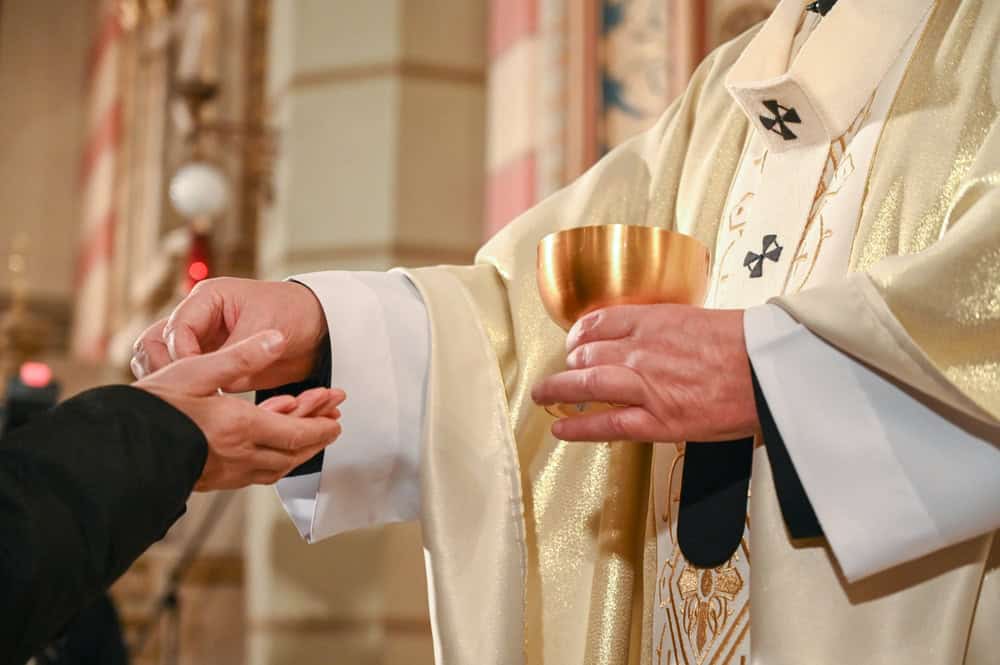In a marked shift after years of legal resistance, the Catholic Diocese of Camden in New Jersey has announced it will no longer oppose the empaneling of a state grand jury to investigate clergy sexual abuse allegations. The decision, revealed in a letter to the New Jersey Supreme Court on Monday, could clear the way for long-delayed transparency, though it remains unclear whether the investigation will now proceed, the Associated Press reported Tuesday.
The letter, sent by an attorney for the diocese, states that Bishop Joseph Williams “will not object to the empanelment of a grand jury for the purpose of considering a presentment.” Williams, who became bishop in March 2025, also spoke publicly about the shift in an interview with The Philadelphia Inquirer, saying that he no longer wanted the Church to prevent survivors from being heard.
“Our people need to hear this, the clergy needs to hear this, so that it never happens again, first of all,” Williams told the paper.
The diocese’s reversal follows years of behind-the-scenes legal battles opposing the grand jury inquiry. The core dispute centers on whether a state court rule permits grand juries to issue presentments involving private organizations like the Church. Prosecutors had argued for the authority to investigate abuse allegations by religious leaders, while the diocese maintained that grand juries should only be used to investigate public officials.
Trial and appellate courts had previously sided with the diocese, but the case reached the state Supreme Court earlier this year. During oral arguments, justices questioned the diocese’s legal interpretation and noted that the outcome of a grand jury investigation was unknown. “We don’t know what a grand jury would say, am I right?” Justice Anne Patterson asked during the hearing.
In a letter to parishioners posted Tuesday, Williams said he consulted with stakeholders within the diocese and found unanimous support for ending the Church’s legal opposition. He then informed the New Jersey Attorney General’s Office of the decision directly. “We expressed our desire to be partners with them in this public service,” Williams wrote.
The Attorney General’s Office responded in a public statement Tuesday, welcoming what it called the “introspection that produced this shift in the Diocese of Camden’s position,” while noting that lower court orders remain in place that still block the investigation from proceeding.
Advocates for survivors responded with cautious optimism. Mark Crawford, New Jersey state director for SNAP (Survivors Network of those Abused by Priests), said in a text message, “This should have happened long ago and seeing Bishop Williams take a different approach is encouraging.”
The legal battle stems from a broader clergy abuse reckoning that intensified after a 2018 Pennsylvania grand jury report uncovered decades of widespread child abuse by Catholic clergy. That report prompted New Jersey’s attorney general to launch a similar statewide investigation, but the effort was stymied in part by sealed proceedings and objections from the Camden Diocese, which had not previously been publicly disclosed.
Earlier this year, The Bergen Record obtained records revealing the diocese’s longstanding efforts to block the grand jury and a lower court ruling in its favor. In March, the New Jersey Supreme Court ordered more of the case files to be unsealed, increasing public pressure for the Church to cooperate.
Although the state’s highest court has not yet issued a ruling in the case, the diocese’s new position raises questions about whether justices will still weigh in, or allow the investigation to move forward unimpeded. For now, the future of the grand jury—and what it may reveal about the Diocese of Camden’s past—remains uncertain.
To learn more about your rights and legal options if you were sexually abused by a Catholic priest or church official, visit our in-depth Catholic Church Sexual Abuse resource:




